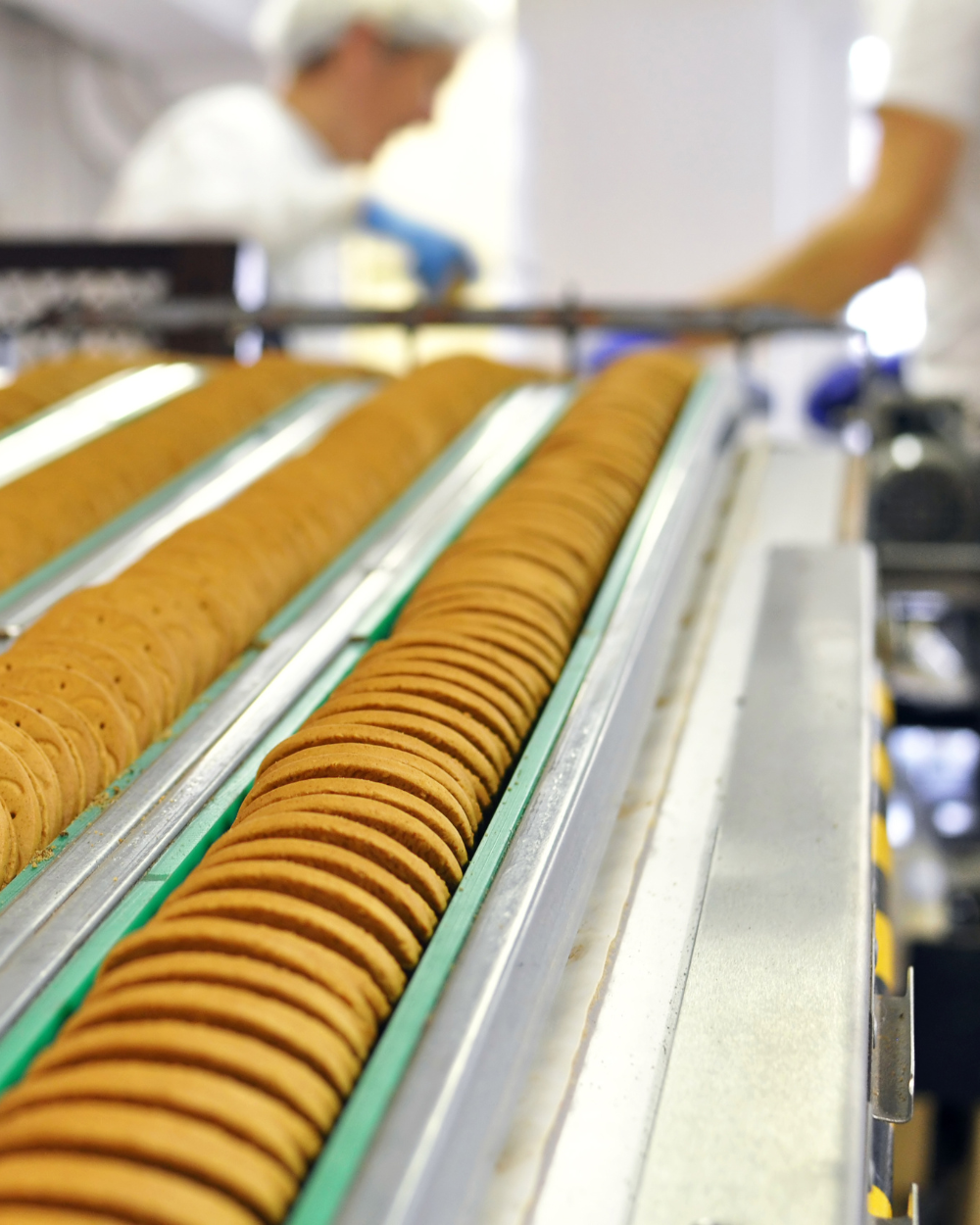How sustainable performance launch the growth of Quebec SMEs
How sustainable performance launch the growth of Quebec SMEs
In Quebec, operational efficiency is a major challenge for small and medium-sized businesses (SMEs). Those who actively measure and pilot it see concrete gains. By optimizing their operations, logistics, governance or energy management, for example, they gain in performance, reduce their costs and strengthen their competitiveness.
In the agri-food sector, concrete actions are multiplying: optimizing energy consumption, reducing waste, modernizing installations, improved logistics, digital transformation or even reducing greenhouse gases (GHG). These are all initiatives that can become powerful engines of growth and efficiency.
Sustainable performance: a strategic lever for SMEs
Sustainable performance is not only based on environmental beliefs, it comes from better strategic planning and optimized management. Businesses that invest in their internal processes gain agility, productivity, and stability at the same time.
To support these efforts, Inno-center supports local SMEs in the implementation of new processes. Its experts are involved in several key areas, including digital transformation, facility modernization, logistics optimization and governance. By identifying inefficiencies, adjusting processes and integrating appropriate technologies, these interventions allow businesses to improve their overall efficiency and, by the same token, reduce their environmental footprint.
The reduction of GHGs, when integrated as a business objective, thus becomes a powerful lever for improving operations and internal processes. Each action aimed at this objective promotes better use of resources, the reduction of losses and the adoption of more sustainable practices.
Success stories: when SMEs optimize their operations and their impact
Across Quebec, agri-food SMEs are choosing to take action to reduce their GHGs, because they see it as a direct driver of efficiency, innovation and team mobilization. The following successes are the result of mandates supported by Inno-centre, which helps companies identify inefficiencies, adjust their processes and integrate sustainable practices into their operations, always with a view to business performance.
La Orpheus House has structured its climate strategy to integrate sustainability into its operations. Already certified B Corp, she sees it as a way to combine brand consistency, energy efficiency And commercial attractiveness.
“Reducing our GHG emissions is a natural step in the continuity of our commitments to sustainability” - Élaine Bélanger, Vice President Operations, Maison Orphée
To the Bergeron cheese factory, the collaboration with Inno-centre has made it possible to quantify emissions, integrate low-carbon energies and optimize installations, thus strengthening the competitiveness While reducing costs. The accurate measurement of emissions is becoming a strategic tool: Know where the possible gains are Allows you to Investing better and to act sustainably.
The Emilie's honey illustrates how efficiency and sustainability go hand in hand. By optimizing logistics and recovering production heat, the team observed a increased productivity And a significant reduction in energy expenditure. These changes result in a measurable reduction in GHGs and costs, proving that better resource management benefits both the planet and, above all, the business.
“There is no time lost and I think that as an entrepreneur, as an agri-food company, time is money.” - Pierre-Marc Doyon, General Manager, Miel d'Émilie.
Finally, the Dumas Bakery a subsidiary of Boulangerie Humanité, has implemented a collective action plan that mobilized its teams around the use of recycled packaging, the reduction of losses and the active involvement of staff. These initiatives have led to concrete benefits: a increased internal efficiency, a increased mobilization and pride within the teams, a improved brand image And operational savings significant.
“Reducing GHGs is also a question of positioning. Ultimately, this approach brings real benefits for the company, both financially and strategically.” - Dominique Bohec, President, Boulangerie Humanité.
These stories have one thing in common: the continuous improvement of performance leads to positive impacts all along the line — economic, human and environmental.
These initiatives also prove that the climate transition, when structured, becomes a lever for efficiency, productivity and innovation. Far from being a constraint, reducing GHGs represents an opportunity for sustainable growth. The companies supported by Inno-centre demonstrate that by structuring their approaches, they gain in profitability and business performance.
Performance and sustainability: a portrait of Quebec agri-food SMEs
According to a study conducted by Légeri and Inno-centre, nearly nine out of ten managers consider it essential to reduce their climate impact. These business leaders now perceive sustainability goals not as a constraint, but as a driver of performance and competitiveness. They note that these efficiency approaches translate into tangible performance gains: increased productivity, team mobilization, reduction of operating costs and strengthened competitiveness.
The study paints an encouraging portrait of the Quebec food processing sector in the face of climate issues.
- 87% of the companies interviewed, consider it important to make concrete efforts to reduce their GHGs.
- 92% managers say they have already taken at least one action in the sense of reducing waste, optimizing energy consumption or reviewing their production processes.
The motivations for these approaches are multiple: to improve the company's reputation, to meet the expectations of major contractors, to retain their partners, but also to strengthen their competitiveness and regulatory compliance.
Discover the free Sustainable Performance Program for SMEs in Quebec
Thanks to the support of the Quebec Ministry of Agriculture, Fisheries and Food (MAPAQ) and the Ministry of the Environment, the Fight against Climate Change, Wildlife and Parks (MELCCFP), the Sustainable performance program of Inno-centre is offered toll-free to eligible SMEs.
This program allows businesses to:
- measure and understand their emissions,
- identify sources of inefficiency,
- and define a concrete action plan to improve their overall performance.
The objective: to help managers structure their continuous improvement approaches and to transform sustainable performance into an engine of growth.
Discover how Inno-centre can support you in improving your business performance through the Sustainable Performance Program: https://www.inno-centre.com/ges. Places are limited!



.webp)